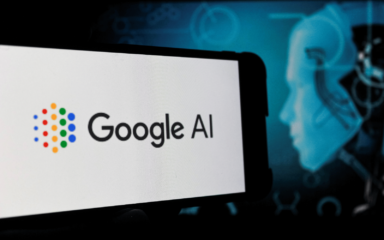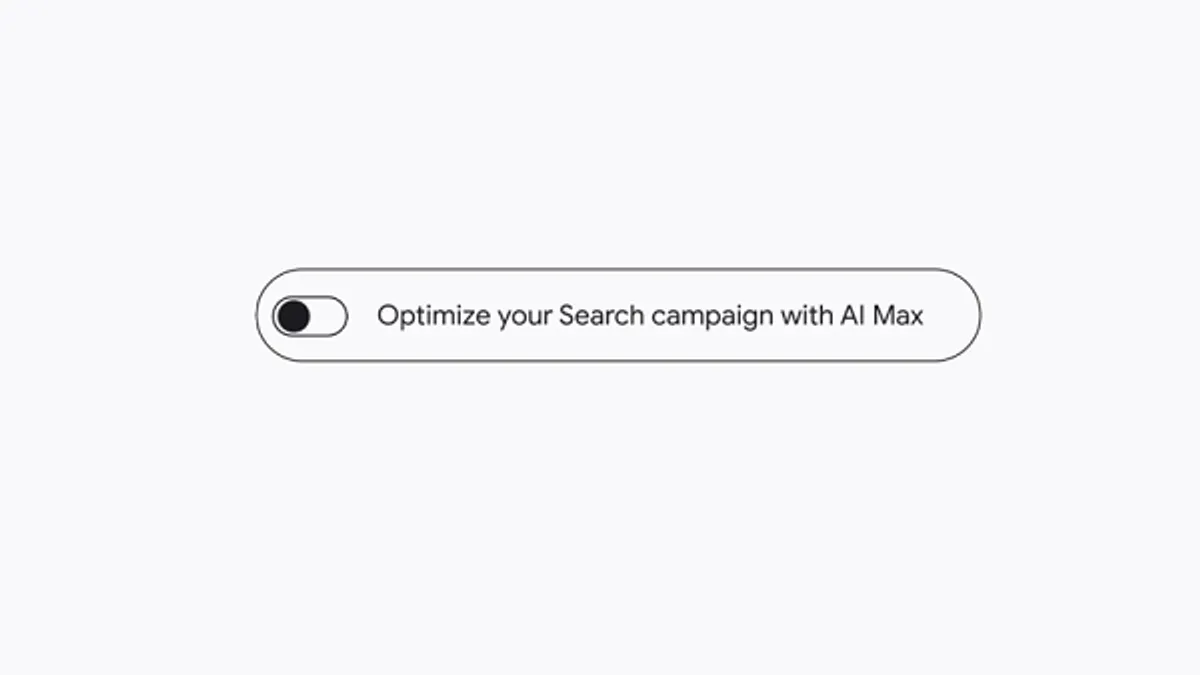Google Ads Launches AI Max for Search Campaigns
Google Ads has officially announced a significant update to Search campaigns: AI Max. This new setting, rolling out globally in beta this month, promises improved performance through enhanced features.
What is AI Max for Search?
AI Max is a one-click upgrade within existing Search campaigns, not a new campaign type. It enhances campaigns with three core features:
- Search term matching: AI expands keyword matching to capture relevant, high-performing queries.
- Text customization: Dynamically generates headlines and descriptions based on landing pages, existing ads, and keywords.
- Final URL expansion: Directs users to the most relevant page on your site based on their search intent.
While Google recommends using all three features, advertisers can opt out of text customization or final URL expansion at the campaign level, and search term matching at the ad group level. Exact and phrase match keywords still take priority.
Why is Google Introducing AI Max?
AI Max addresses evolving search behavior and advertiser concerns about automation. As Google integrates more AI into Search, user queries are becoming more complex. AI Max offers enhanced targeting and creative tools while maintaining advertiser control and access to existing reports.
Granular reporting features are also rolling out, including search terms by asset and improved URL parameters for detailed tracking.
Brand Safety Controls
Google has included several brand safety controls with AI Max:
- Brand controls: Control which brands your ads appear alongside.
- Location of interest controls: Target based on user location intent at the ad group level.
- Creative asset controls: Remove or block generated assets that don't meet brand guidelines.
Note: AI-generated assets go live before advertiser review, requiring prompt monitoring for compliance.
Reporting Updates
AI Max brings new reporting insights:
- Search terms reports will show associated headlines and URLs.
- Asset reports will measure performance by spend and conversions.
- A new URL parameter provides deeper visibility into search queries and performance across match types.
These reporting updates will initially be available in the Google Ads online interface, with API, Report Editor, and Desktop Editor support coming later in 2025.
Comparison to Other Campaign Types
AI Max complements existing campaign types. While it may compete in the same auctions as Performance Max, Search campaigns with exact match keywords will prioritize. AI Max is not a replacement for Dynamic Search Ads (DSA), although there are overlaps. It also shares similarities with Optimized Targeting for audiences, but focuses on keywords.
Who Should Avoid AI Max?
AI Max may not be suitable for all advertisers, particularly those with:
- Strict creative guidelines or sensitive content policies.
- A need for pinning ad assets.
- Frequently changing websites.
What This Means for Search Marketers
AI Max represents a shift in Search campaign scaling. It combines the adaptability of Performance Max with keyword control. For advertisers already using broad match and automated bidding, AI Max is a natural next step. For those relying on exact and phrase match, it offers a chance to expand carefully. This rollout signals Google's focus on evolving automation while maintaining advertiser oversight. Marketers who strategically test AI Max can gain a competitive advantage.









